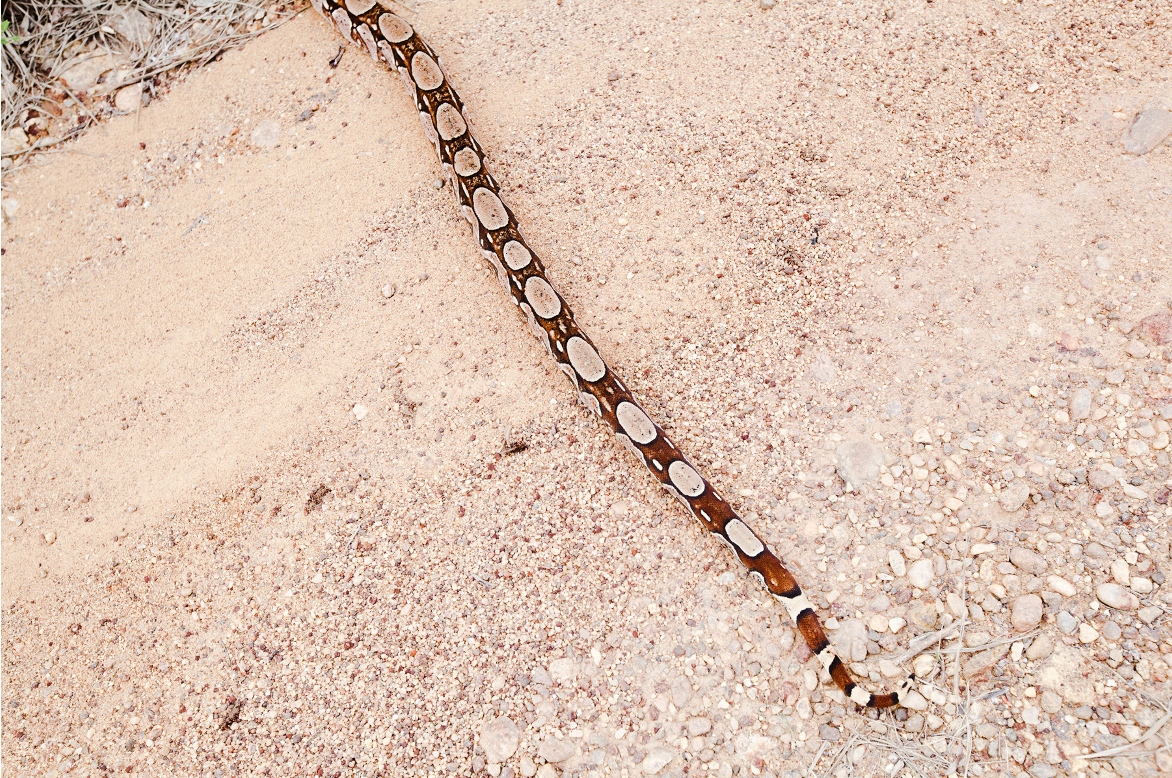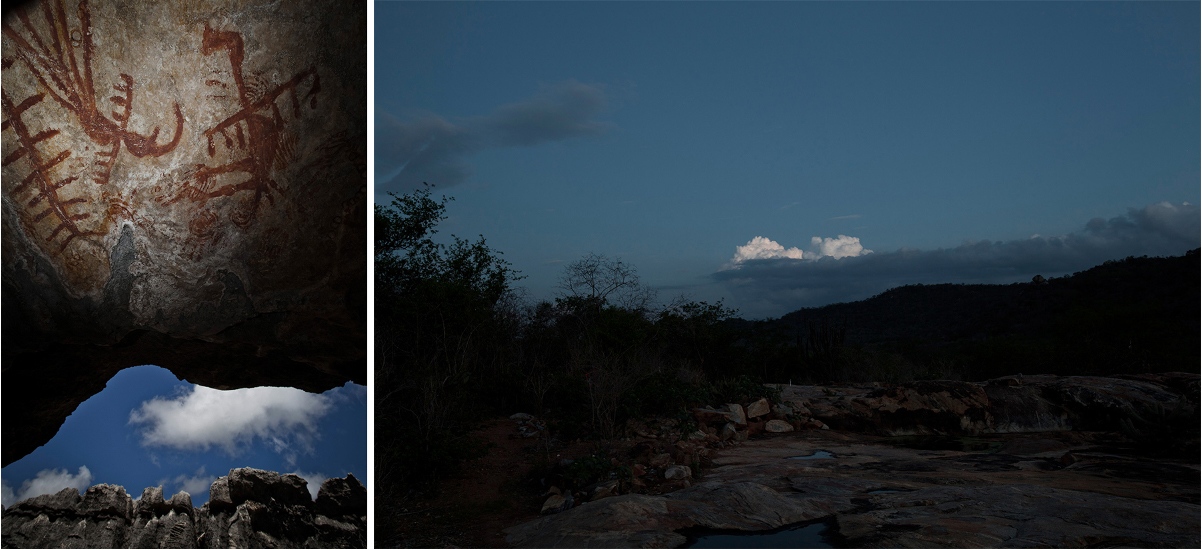Public Project
Fe2O3 an archaeology of image
O ensaio é uma investigação a respeito dos primórdios da imagem em um percurso pessoal em busca das milenares pinturas rupestres.
Mais do que realizar uma catalogação dessas imagens, busco aqui através da fotografia investigar uma possível apropriação simbólica dos povos antigos sobre o território. Apropriação essa que envolve o cotidiano, as lutas, o sexo, a caça, os rituais para a manutenção da vida no ambiente hostil do semi árido. Vida e morte mediadas pelo plano místico do sagrado.
O título faz menção a uma fórmula química que quer dizer óxido de ferro. Essa é a base dos minerais muito comuns na região do semi árido e que dão o tom ocre-avermelhado ao solo. Justamente com esses minerais é que são produzidas as tintas utilizadas pelos primeiros habitantes da região, o pigmento ancestral.
Este projeto participou de várias exposições entre as quais se destaca a do Centro de Estudos Brasileiros e Instituto de Geografia e História da Universidade de Salamanca (Espanha, 2018), Ar(t)chaeology NiMAC (Nicosia - Chipre, 2018) e Centro Cultural da Câmara dos Deputados (Brasília, 2019).
Fe2O3 - An Archaeology of the Image
The essay is an investigation into the beginnings of the image in a personal journey in search of the millenarian cave paintings.
More than cataloging these images, I search here through photography to investigate a possible symbolic appropriation of the ancient peoples over the territory. Appropriation that involves daily life, struggles, sex, hunting, rituals for the maintenance of life in the hostile environment of the semi arid. Life and death mediated by the mystical plan of the sacred.
The title refers to a chemical formula that means iron oxide. This is the basis of the very common minerals in the semi-arid region that give the ocher-reddish tone to the soil. It is precisely with these minerals that the paints used by the first inhabitants of the region are produced, the ancestral pigment.
This project has participated in several exhibitions, among which the Center for Brazilian Studies and Institute of Geography and History of the University of Salamanca (Spain, 2018), Ar(t)chaeology NiMAC (Nicosia - Cyprus, 2018) and Cultural Center of the Chamber of Deputies (Brasilia, 2019).
The essay is an investigation into the beginnings of the image in a personal journey in search of the millenarian cave paintings.
More than cataloging these images, I search here through photography to investigate a possible symbolic appropriation of the ancient peoples over the territory. Appropriation that involves daily life, struggles, sex, hunting, rituals for the maintenance of life in the hostile environment of the semi arid. Life and death mediated by the mystical plan of the sacred.
The title refers to a chemical formula that means iron oxide. This is the basis of the very common minerals in the semi-arid region that give the ocher-reddish tone to the soil. It is precisely with these minerals that the paints used by the first inhabitants of the region are produced, the ancestral pigment.
This project has participated in several exhibitions, among which the Center for Brazilian Studies and Institute of Geography and History of the University of Salamanca (Spain, 2018), Ar(t)chaeology NiMAC (Nicosia - Cyprus, 2018) and Cultural Center of the Chamber of Deputies (Brasilia, 2019).
7,835














